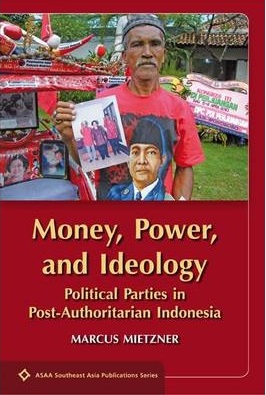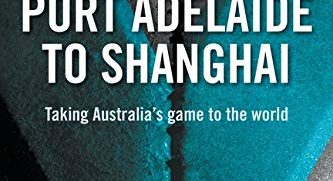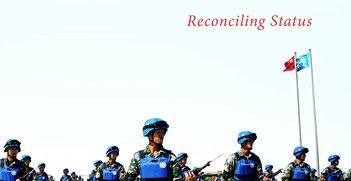Money, Power and Ideology: Political Parties in Post-Authoritarian Indonesia

Most days, there’s a story in the Indonesian news on ‘korupsi’ (corruption) involving Indonesian politics; needless to say, political parties aren’t considered to be the most trustworthy or efficient institutions. But since 1998, democracy has continued to enjoy high levels of support among Indonesians. How has Indonesia’s democracy remained stable if its component parts are apparently dysfunctional? Marcus Mietzner’s latest book, Money, Power and Ideology: political parties in post-authoritarian Indonesia, is an in-depth look at the internal mechanics of Indonesia’s nine political parties and, by extension, an exploration of how the political party functions as part of Indonesia’s democratic system. In doing so, he grapples with two questions: first, are Indonesia’s political parties as dysfunctional as they seem, and second, if so, is that symptomatic of broader regional or global trends in party politics? In other words, is there anything ‘uniquely Indonesian’ about Indonesia’s party politics?
Divided into nine parts (seven chapters book-ended by an introduction and conclusion), Mietzner opens with a review of two dominant schools of thinking on Indonesian politics: institutionalisation and cartelisation. In his view, neither of these schools cogently explains the coherence and behaviour of Indonesia’s political parties or their tendency to buck what many Indonesia political observers see as a trend towards cartelisation, where parties cease competing with one another and instead form alliances to better harness state resources collectively.
Mietzner’s methodology is to adopt the framework of each school in order to test the extent to which observations made by institutionalisation and cartelisation scholars hold against empirical evidence. Across the seven chapters, Mietzner explores the history of Indonesia’s political parties, their relationships with the state and society, their organisation and internal democracy, inter-party competition, the role of ideology, and party functionality. Among other findings, there are stronger-than-expected levels of institutionalisation of Indonesia’s parties and the extent of infighting in multi-party coalitions that characterise models of cartelisation is largely absent.
So why the bad rap? Mietzner observes that weak party funding systems renders them susceptible to corruption and oligarchic interests; hence the constant bleak news about party politics. And, Mietzner notes, in the long run that could ‘destroy public trust in democracy’. That said, the conclusion discusses party financing reform, providing some light at the end of the tunnel.
The beauty of Money, Power and Ideology is that it can be read on a number of levels. For the advanced observer of Indonesian politics, Mietzner’s findings challenge popular schools of thought in Indonesian political science, thereby extending the ways in which to conceptualise Indonesian democracy. For the policymaker, it provides useful observations about the durability of Indonesia’s political system, particularly when compared to both other post-authoritarian states and advanced democracies. For the student of Indonesian politics, the book provides a useful entrée into the history of the major political parties as well as more contemporary observations about internal party politics. In doing so, it brings to light the personalities, roles and relative influence of key political and business figures like Megawati Sukarnoputri and Aburizal Bakrie who have continued to exert influence on Indonesia’s most recent elections.
Overall, Mietzner’s book provides with additional analytical lens through which we can view upcoming political developments under a Jokowi administration.
Marcus Meitzner, Money, Power and Ideology: Political Parties in Post-Authoritarian Indonesia, ASAA Southeast Asia Publication Series, 2013
Reviewed by Natalie Sambhi, Analyst and Managing Editor at The Strategist, Australian Strategic Policy Institute





